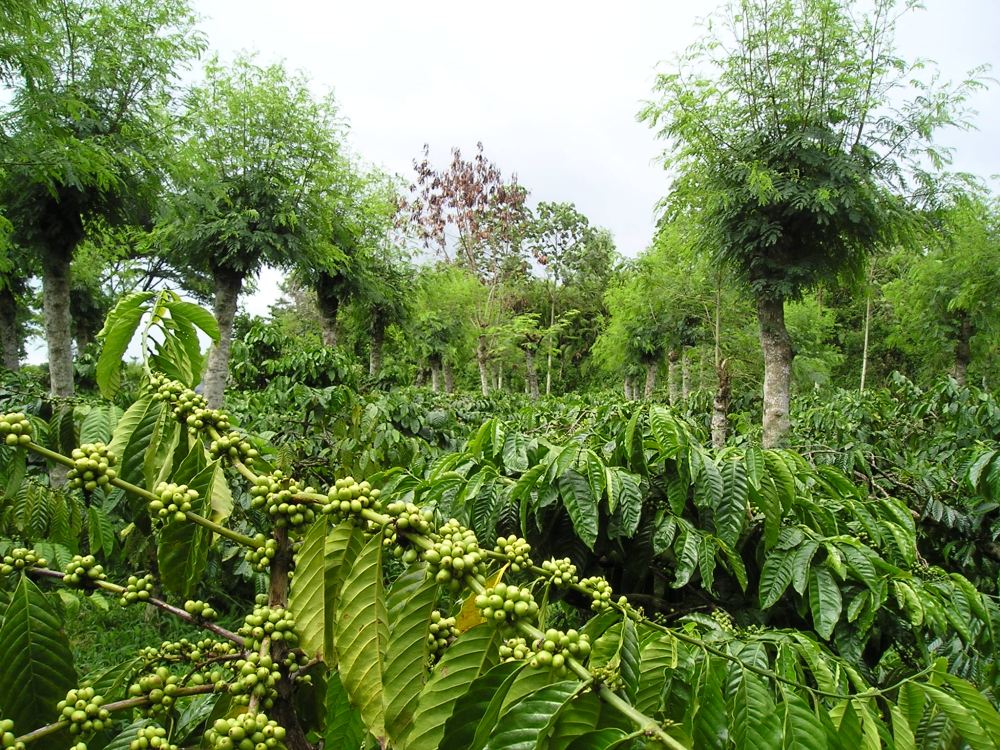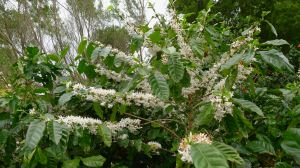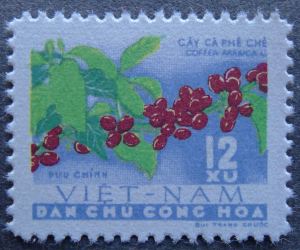
“Can I grow blueberries without peat?” Ask Alys Fowler is a gardening Q&A column in The Guardian newspaper. How misleading could a gardening Q&A response be?
Alys answers: “A maximum pH of 5.5 makes for ideal growing conditions for blueberries to thrive, so mulching around your blueberry bushes with a thick layer of pine needles will also help keep the soil acidic”. This part is fine. Strawberries also benefit from occasional mulching with pine needles.
Alys continues: “Peat-free soil for acid-loving plants does exist, but you might not be able to get it from every garden
centre you visit”. Also good advice. Lime-free or ‘ericaceous’ potting mix may not contain peat, but you need to check the label to guarantee this. Some do, some don’t. Coco Pro does.

Peat has been unsustainably extracted worldwide, including in Australia. When I managed Sydney Botanic Gardens, we moved away from peat to coir (coconut, cocopeat) based alternatives in the 1990’s for two reasons. First, coir has similar properties, it can be produced sustainably and its use in horticulture adds value to coconut plantations.
Second, peat extraction in Australia is a key threatening process for the extinction of our endemic gentian, Gentiana wingecarribiensis. Extraction is destabilising its habitat, which was never large, so alternatives to peat in horticulture are vital to the species recovery programme.
So how did Fowler muck up her response in The Guardian? Fowler claims “I’ve also had good results with blueberries

grown in tubs by regularly adding the ends of the coffee pot to the surface of the compost. Blueberries love nitrogen, which coffee grounds are high in, and their acidic nature helps gently to keep the soil at the lower end of the pH scale”.
And this is where Fowler flops. Coffee grounds are also a source of caffeine. Coffee plants (Coffea spp.) use caffeine to suppress the growth of competing roots and seedlings of other plant species. Caffeine impairs the ability of plants to absorb water and nutrients and it impairs the growth of soil microbes – it impacts on the biological activity of soil, including beneficial mycorrhizae.
Caffeine is a biochemical with the purpose of affecting the germination, growth, survival, and reproduction of other
competing plants, and that includes blueberry. Over time, the accumulation of caffeine in the soil gradually affects the viability of older coffee plantations (a coffee plant’s productive life is between 7 and 20 years). Extra inputs, like fertiliser and mulch, become extra costs to the grower over time, reducing profit.
Do not add coffee grounds to worm farms. If you reuse coffee grounds regularly, dilute their impact on plants by mixing them in the compost heap, spread them thinly over the soil or spread them around the garden.
Jerry Coleby-Williams
Patron, National Toxics Network Inc.
Patron, Householder’s Options for Protecting the Environment Inc.
Director, Seed Saver’s Network Inc.
10th December 2017
Hello from Redlands
Yes all my plants get a bit of coffee grounds.
The blueberry is thriving. Sheltered fence position facing north. Keep water up in summer.
We have been blessed! Two weeks of real rain
At Ormiston Qld.
Strong winds blown all the bugs away for now.
Love sipping my morning coffee and watching the chooks.
Hi Jerry, thanks for this post.
I didn’t realise coffee grounds had such a negative impact on plant growth. I think I’d better stop adding them to my worm farm too and maybe use them to grow mushrooms instead LOL
Hi Jerry My wife and I hope you are all well and you have a good Christmas and New year. We are pleased to see the ABC is going to extend the garden show in 2018. I would like the present format to remain for the first half hour then let all the presenters spend half an hour in thier own region. Then we could have you on for half an hour telling and showing us what is needed in our area. I give you an example the young guy in Tasmania showed growing tomatoes and according to him water once a week my tomatoes would soon be dead if we did that. We need more time on what is relevant to us in the semi tropics. I would like your thoughts on this and how can we get the powers to be to respond. Thank you. Stephen and Jennifer Besnard.
33 Trafalgar Drive. Victoria Point. 4165
besnard49@hotmail.com
Sent from Samsung tablet.
Hi Jerry I’ve often read that it is worthwhile collecting bulk used coffee grounds from cafes to add to compost. Does composting them remove the issues you have referred to in your blog post or would you recommend not using them at all?
Regards Karen
Adding coffee grounds to compost dilutes it, so sure, go ahead. That’s what I’ve been doing here since 2003.
Reblogged this on judithwill56 and commented:
Important garden information for anyone who uses coffee grounds from a much respected expert. Thank goodness I reuse grounds via the compost heap
Hi Jerry
I am a long-time Gardening Australia watcher, and subscriber to your blog. I have also been to one of your open days at Bellis.
I am writing to you on this forum to tell you about a soil scientist that writes on the permaculture gardening forum, permies.com. He studied soil organisms in the 70s and has continued to work in this field. He is about to present a dissertation on the subject, but also writes about it on this forum for the benefit of gardeners. His writings are being put together as a book, written for the ordinary person as opposed to other scientists.
He talks about the way plants communicate with soil microbes via exudates, and how these interactions render the soil nutrients accessible to the plants. He has a particularly interesting thread on biodynamics, where, via tests, he separated out the beneficial aspects of their approach vs the useless ones. And he gives instructions on how to prepare brews of compost teas etc for soil inoculation. He also has yield data from farms where these methods have been tried.
Certainly, good soil seems brimming with life, and all the work of people like Dr Eliane Ingham have proven it. It is such an amazing and fascinating field.
This scientist’s name is Bryant Redhawk and he posts under the “growies” section of the site. I am writing to you about it because, as a committed organic gardener and scientist, I thought you might find his work as interesting as I do!
Hi Nicola,
Thank you for the alert.
Kind regards
Jerry
So is coffee solution a bad choice for controlling snails on potted plants?
No, it isn’t.